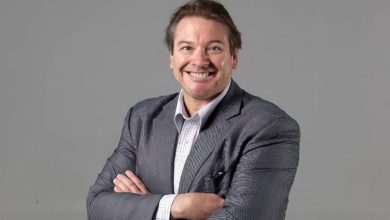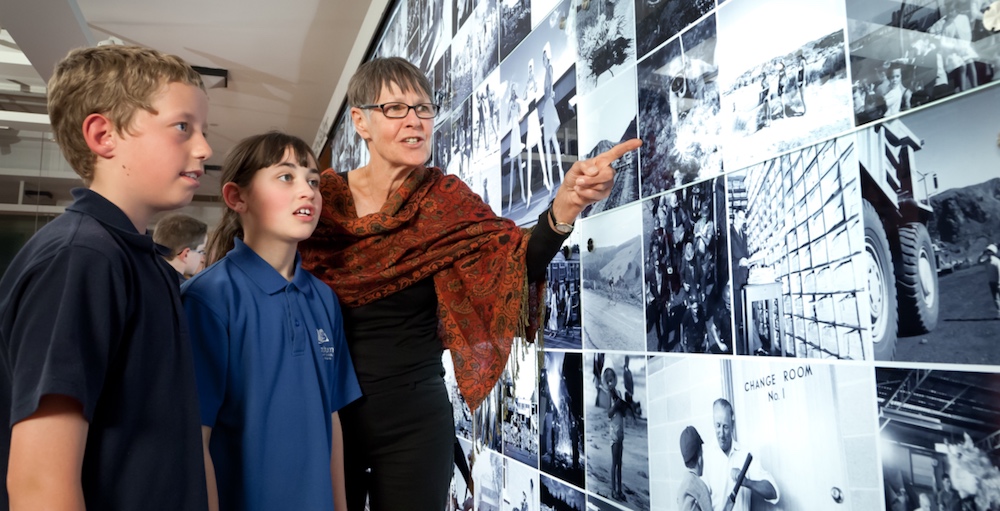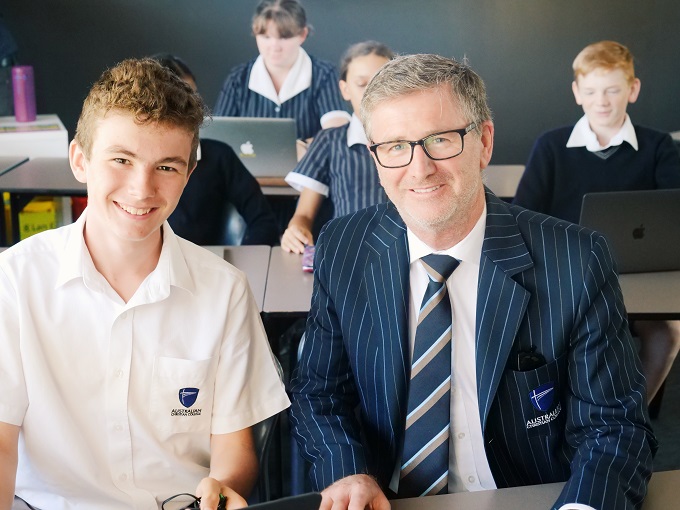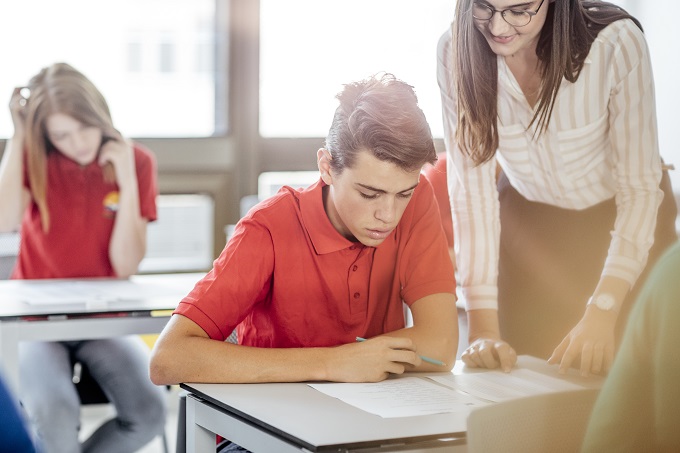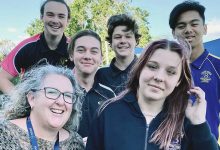Dear Teacher, what I want you to know: a letter from Sally Rippin
Sally Rippin is well known as Australia’s highest-selling female author, with over 100 books for children and young adults in print, and newly announced as our next Children’s Laureate. But she is also a mother of three boys, one with significant learning difficulties, and this is what she wants teachers to know.
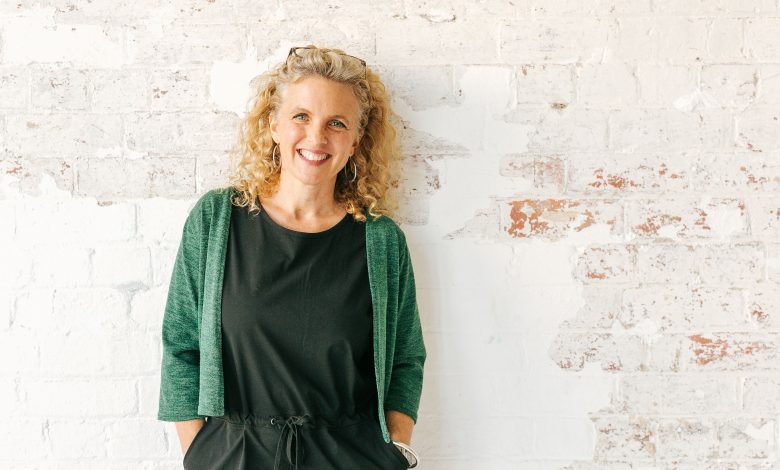
“There is no other aspect of our lives that we are so judged on. You can be terrible at maths and just laugh it off, but if you can’t read or write, people automatically think you’re unintelligent. It’s a terrible prejudice to grow up with”. Sally Rippin
Sally Rippin’s youngest son was identified as Dyslexic when he was in Grade Two. After missing some major milestones, she’d noticed he’d begun to plateau with reading. Then the declarations began: ‘I hate school. I hate reading.’ His behaviour began to change.
Sally’s son was luckier than some. He had a parent who was able to get the help he needed, even if much of it was too late for truly effective intervention.
“It’s important for parents and teachers to know that if a child is playing up in the classroom, chances are they’re giving you information you should pay attention to”, Sally says. “Getting our kids the support they need all comes down to early intervention, and any good teacher will spot a child who is struggling in the classroom. That’s when we can aim to create a team around our kids.” She explains: “It will be the teacher, it will be the parent, there might be a wellbeing coordinator and sometimes these kids might also need support services out of school. But we need to build a team of people around these students so it doesn’t just fall to the individual, because it is too much to expect one person to be all of those things.”
But, as Sally points out, early intervention requires resources that not all families have – time to spend helping your child at home, education and English skills that allow you to provide that help, and money to pay for expensive diagnosis and professional support.
For the kids who fall through the gaps – whose teachers don’t notice their struggles or aren’t trained in how to help or whose families don’t have the resources to get extra help – the consequences can be lifelong.
“For the first three years of schooling, we are learning to read, and after that, we are reading to learn,” says Sally. “If they haven’t learned requisite literacy skills by the time they’re in Year Three, they can quickly fall behind in every subject.”
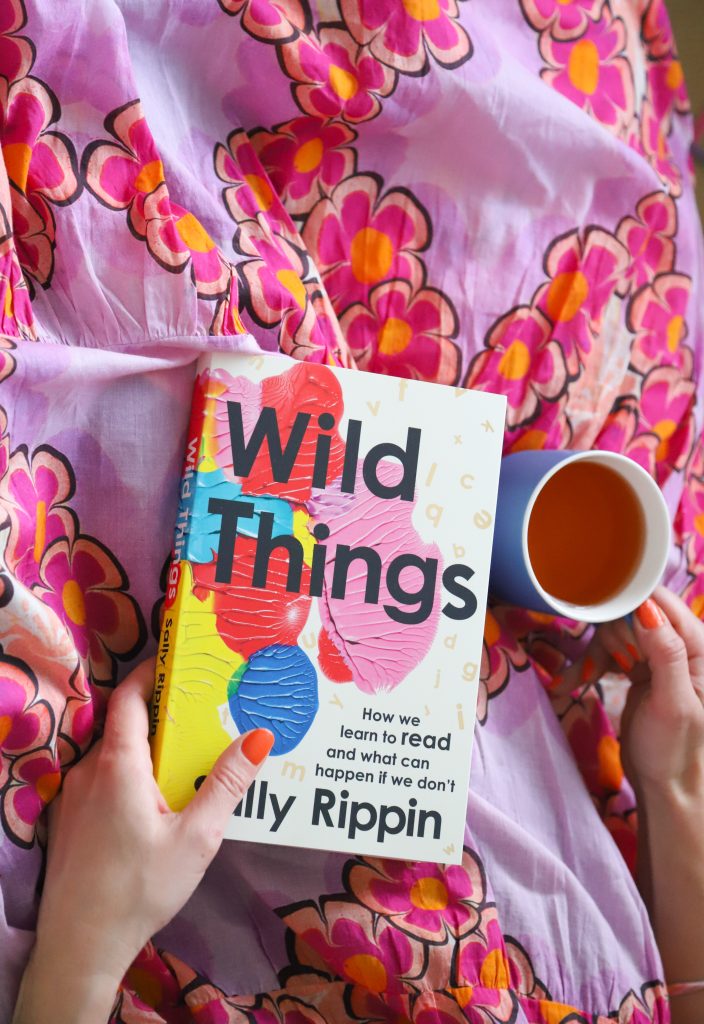
The rules change in high school
“Once your child hits high school, they no longer have that one special teacher who is looking out for them; unlike primary school, they now have several teachers who may be teaching dozens of students, and who can’t be expected to take every individual child under their wing. That’s where kids can really struggle,” says Sally. “Once they’re in high school, it’s not a matter of catching up anymore, it’s a matter of getting through a certain number of subjects and hitting a number of milestones to get through high school.”
She adds that high school can be difficult for everyone, not just kids with dyslexia and learning or behavioural difficulties. “The high school environment, even if you’re good at school, can be a really difficult environment. You’re flung together with a bunch of people you have nothing in common with other than you’re the same age. I mean, what other place in society makes us do that?”
Sally emphasised that the message she wants to send isn’t to teachers: she believes it’s not up to high school teachers to ‘catch kids up’. The message is much broader: to all adults – teachers, parents and the wider community.
“All adults around the child should be telling them one thing: ‘You’re perfect as you are. High school is one small part of your life, and the way you get through these years is the making of the adult you will become.’” She goes on to say: “The most important thing we can do as parents is just to tell our kids: You are more than your results at high school. When you’re in the middle of it, it can feel like a life sentence, but it’s not. It’s just one part of it. After having been a straight-A student right through high school, I ended up failing my Year Twelve exams for a myriad of reasons – I’m now Australia’s highest-selling female author. The mark you get at the end of school doesn’t define your life. For a lot of people who are neurodivergent, their best lives only start when they finish high school.”
The goal for parents – and schools – is to help children find something they are good at to help them through. It could be anything: sport, drama, cooking, it doesn’t matter. Many high schools offer alternative streams – trades and non-ATAR paths – that allow children to achieve in the areas they are interested in, and learn in the ways that suit them.
“The main thing is to get them through high school with their self-esteem intact, and hopefully good at something so they can feel any sense of success, however small.”
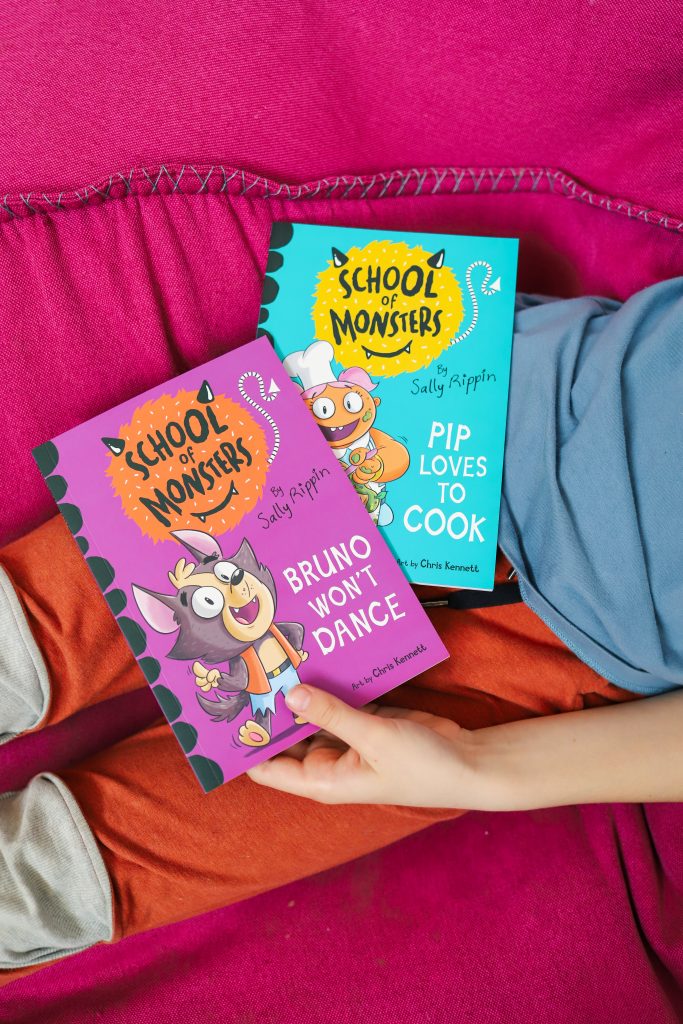
Changing the definition of success
“A lot of us can get fixated on our own ideas of success … we have to be flexible as parents and listen to our children to find out who they really are and what they need, and not be so quick to project our own ideas onto them,” says Sally. “The best thing our neurodivergent kids can teach us is how to broaden our perception of what it means to be a good person in the world.”
Sally admits that her son has been her best teacher: “I feel like a much better person for having the experience of having guided him through the past few years of life” but says it can be a challenge as a parent to watch their child struggle. She explains that sometimes her son has had difficulties fitting in and that other people sometimes find him unusual. “But isn’t that what makes the world interesting?” she asks. “The unusual people, the people who become artists and creatives and big thinkers? The people who are full of empathy and compassion because they know what it’s like to struggle?”
“But it’s also important we tell our kids they don’t necessarily have to aspire to greatness: who they are is enough. It’s easy to fall into the trap of pointing out all the successful Dyslexics in the world with the hope of inspiring our kids, but this can put a lot of pressure on them. The balance is encouraging them to reach their potential while also acknowledging that their learning differences will have challenges. It’s about accepting our kids for exactly who they are.” Sally Rippin
Children’s Laureate
On 7th February 2024, it was announced that Sally Rippin would be the next Children’s Laureate, following in the impressive footsteps of former Laureates including Morris Gleitzman, Alison Lester and Jackie French. As Laureate – which is a two-year role – Sally gets to promote her area of practice and passion. But don’t expect her to spend two years telling children what to read.
“What I want to do is educate the adults – the kids are fine, they’re perfect as they are – but if I can use my position to raise awareness around kids with learning difficulties, then that’s my aim.”
“In my role as the Eighth Children’s Laureate, I would like to campaign for more resources within the school system for teachers to support kids who need it the most, as well as potentially building community awareness about how neurodivergency and dyslexia can play out in the classroom. We’re not judging these kids for being naughty or unintelligent – but looking at their behaviour as information and asking ‘What can I learn from what this child is telling me? And how best can I get the support I need for this child?’” Sally Rippin
A message for teachers – and the system
While researching her incredibly profound and thoughtful memoir Wild Things, Sally spent a number of years interviewing and speaking with teachers.
“I would never wish to sound like I’m against teachers – most teachers are incredible – but if they’re not given the tools to be able to support these children in the classroom, we’re expecting too much of them,” says Sally.
‘It’s our job as adults in Australia to push for an inclusive education system that teaches kids about the code of reading as soon as they start school. We need to teach phonics and decoding from Day One, and every child will benefit – it doesn’t matter if they’re Dyslexic or neurodivergent or have ADHD or are a natural reader. That is the job of our education system and teachers need to be taught about it in Teachers College.” Sally Rippin
“What I am rallying against is an antiquated education system, not teachers. Teachers are among the hardest-working people I know, but they work within a system that can be restrictive and unsupportive for students struggling with learning differences.”
And for parents of children who are Dyslexic or have other learning difficulties, she reminds them that the most important thing is to ‘trust your gut’. “Find the support you need as quickly as you can, for you as well as your child because it can be frightening and isolating to watch your child struggle. You’re going to need support too – it might be a friendship with other parents who have kids going through the same thing, it might be professional counselling, it might be educating yourself through reading as you will need to become your child’s champion and advocate in the years to come.”
The next two years with Sally Rippin as our Children’s Laureate could prove revolutionary for our children with learning difficulties. It’s time we acknowledge that school is not the only path to success, and – as Sally says – we are more than our time in high school.
“Dear Teacher – I think you are doing an amazing job, and I want to do whatever I can to raise awareness for you to get the support you need to support our kids who might be struggling in the classroom.” Sally Rippin, Australia’s Eighth Children’s Laureate.”


